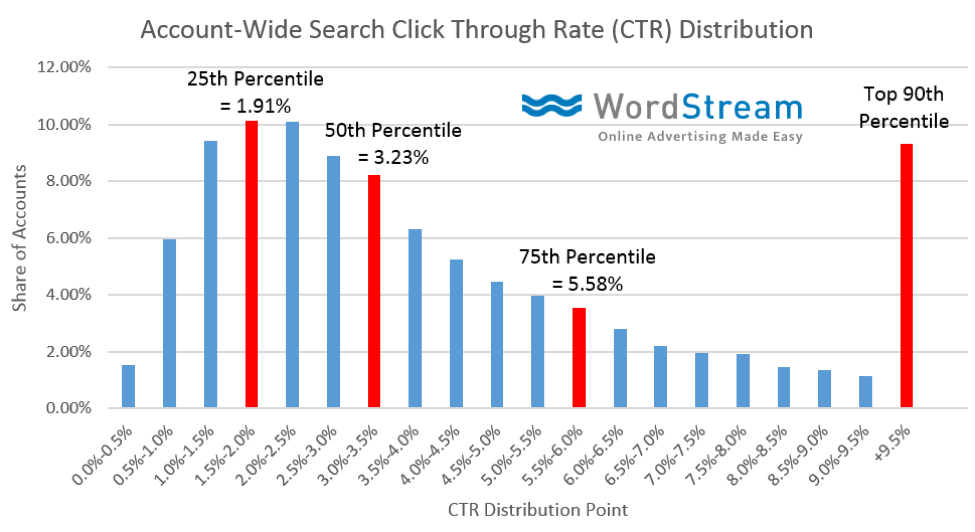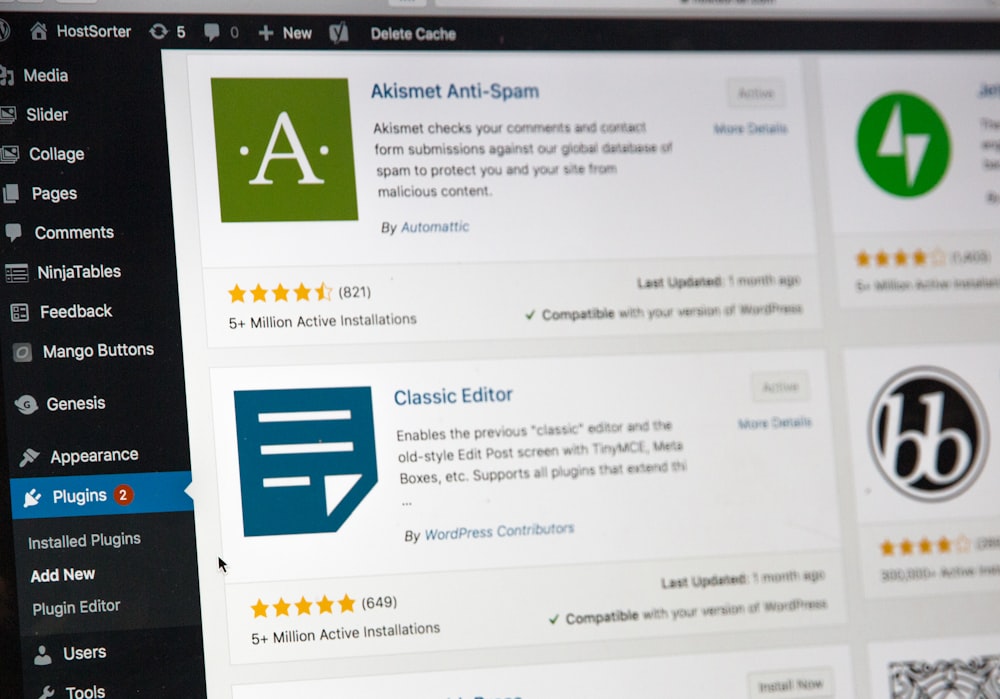Safe Travels: A Guide for Real Estate Professionals on the Road
https://www.c4dcrew.com/wp-content/uploads/2024/04/C4D-Post-Design-22.png 1000 500 Sam Radbil Sam Radbil https://secure.gravatar.com/avatar/c8f81a032b93592f72744c525214f92a?s=96&d=mm&r=gFor real estate professionals, every day is an adventure. From meeting new clients to exploring properties, the life of a real estate agent involves a significant amount of travel. Whether you’re driving across town or embarking on a road trip to visit multiple properties, safety should always be a top priority. In this guide, we’ll explore some essential tips to ensure safe travels for real estate professionals on the road. For more information, on the safest places for driving which could be helpful to review, check out Checkr’s new report.
1. Plan Your Route Ahead of Time
Before hitting the road, take some time to plan your route. Familiarize yourself with the locations of the properties you’ll be visiting and map out the most efficient way to get there. Consider factors such as traffic patterns, road closures, and construction zones that could affect your journey. Planning ahead can help you avoid unnecessary delays and ensure a smoother driving experience.
2. Allow for Extra Time
In the world of real estate, time is of the essence. However, rushing from one appointment to the next can increase the risk of accidents. Allow yourself plenty of extra time to reach your destination, taking into account potential delays such as heavy traffic or inclement weather. Arriving early not only reduces stress but also gives you time to gather your thoughts and prepare for meetings with clients.
3. Stay Focused
It’s easy to get distracted while driving, especially when you’re juggling multiple tasks such as navigating, making phone calls, or checking emails. However, distractions significantly increase the likelihood of accidents. Stay focused on the road at all times, and avoid using your phone or other electronic devices while driving. If you need to make a call or send a message, pull over to a safe location first.
4. Practice Defensive Driving
Defensive driving is a skill that every real estate professional should master. Be aware of your surroundings, anticipate the actions of other drivers, and always be prepared to react quickly to unexpected situations. Maintain a safe following distance from the vehicle in front of you, and avoid aggressive driving behaviors such as speeding or weaving in and out of traffic.
5. Take Regular Breaks
Driving for long periods can be physically and mentally exhausting. To stay alert and focused on the road, be sure to take regular breaks during your journey. Stop at rest areas or gas stations to stretch your legs, grab a snack, and rehydrate. If you start to feel tired or drowsy, pull over and take a short nap before continuing your drive.
6. Keep Your Vehicle Well-Maintained
A well-maintained vehicle is essential for safe travels. Before setting out on a trip, perform a thorough inspection of your car to ensure that everything is in working order. Check the tires, brakes, lights, and fluid levels, and address any issues promptly. Regular maintenance not only reduces the risk of breakdowns but also enhances the safety and reliability of your vehicle.
7. Be Prepared for Emergencies
Even with the best planning and preparation, emergencies can still occur on the road. Make sure you’re equipped with essential items such as a first-aid kit, flashlight, jumper cables, and a spare tire. Keep important contact numbers, such as roadside assistance and emergency services, readily available. Being prepared for emergencies can help you stay calm and handle unexpected situations effectively.
In conclusion, safe travels are paramount for real estate professionals on the road. By following these tips and prioritizing safety, you can navigate your way to success while minimizing risks and ensuring a smooth journey for both you and your clients. Remember, arriving safely is the first step towards closing deals and building lasting relationships in the world of real estate.






























